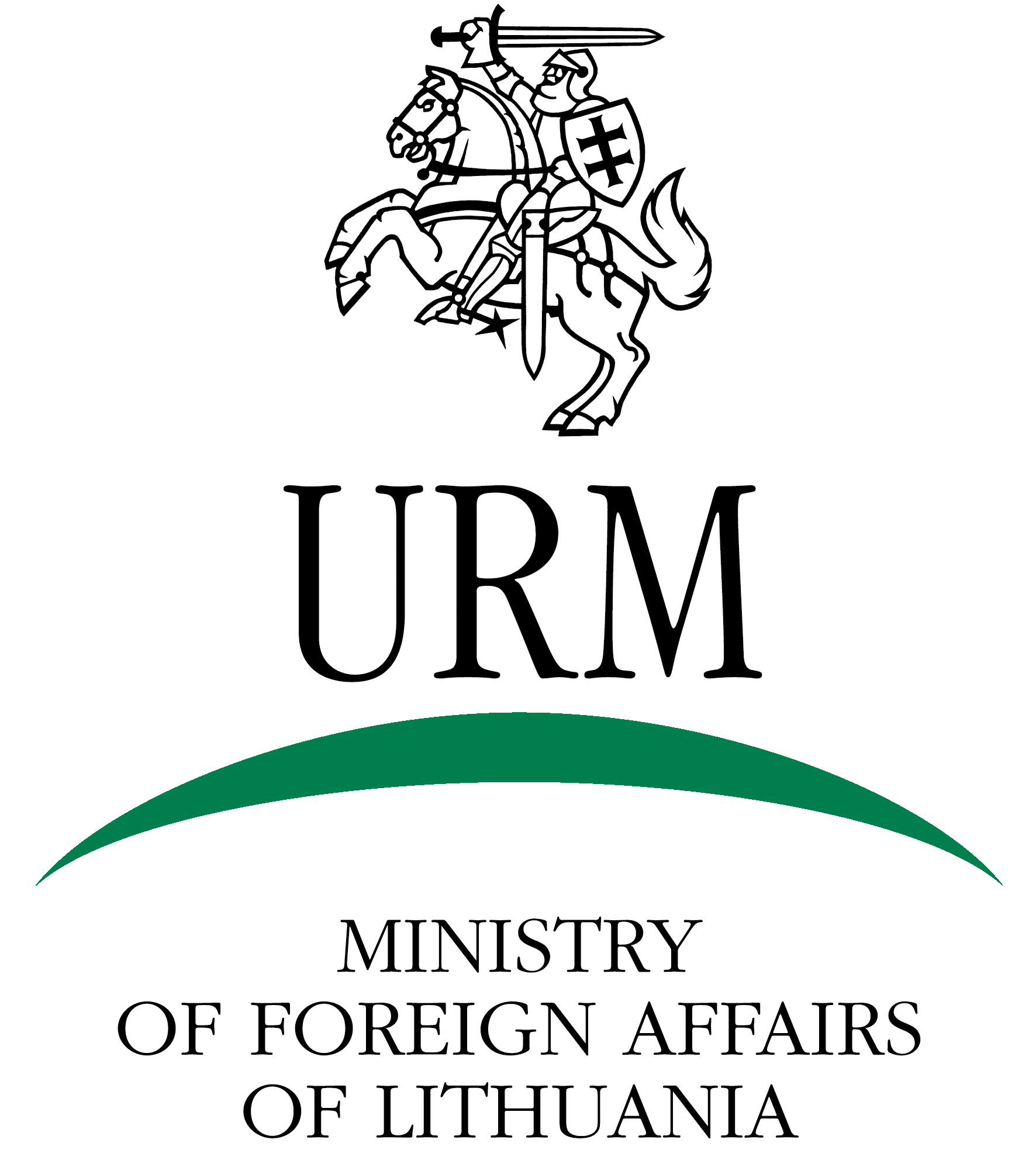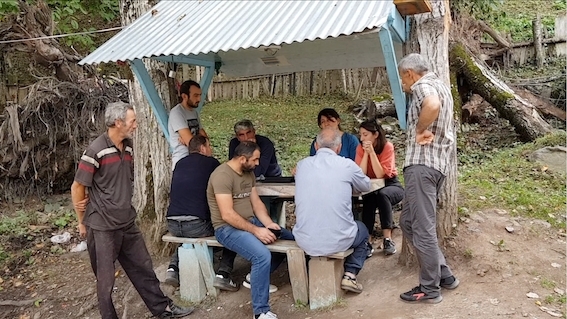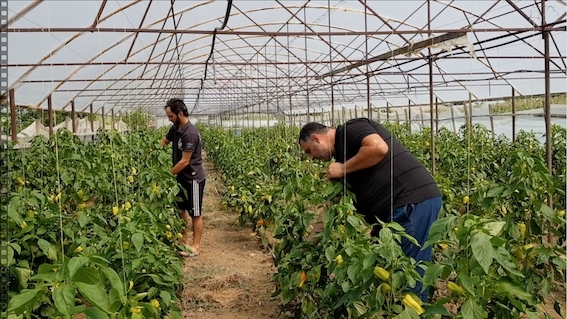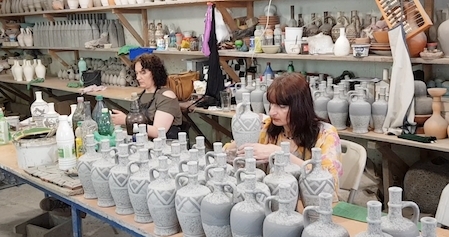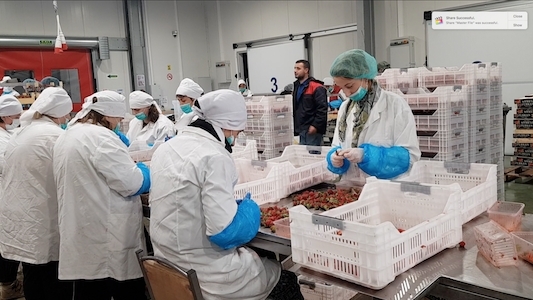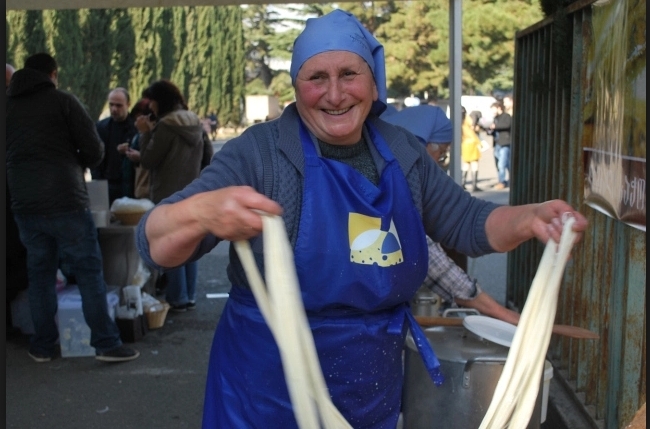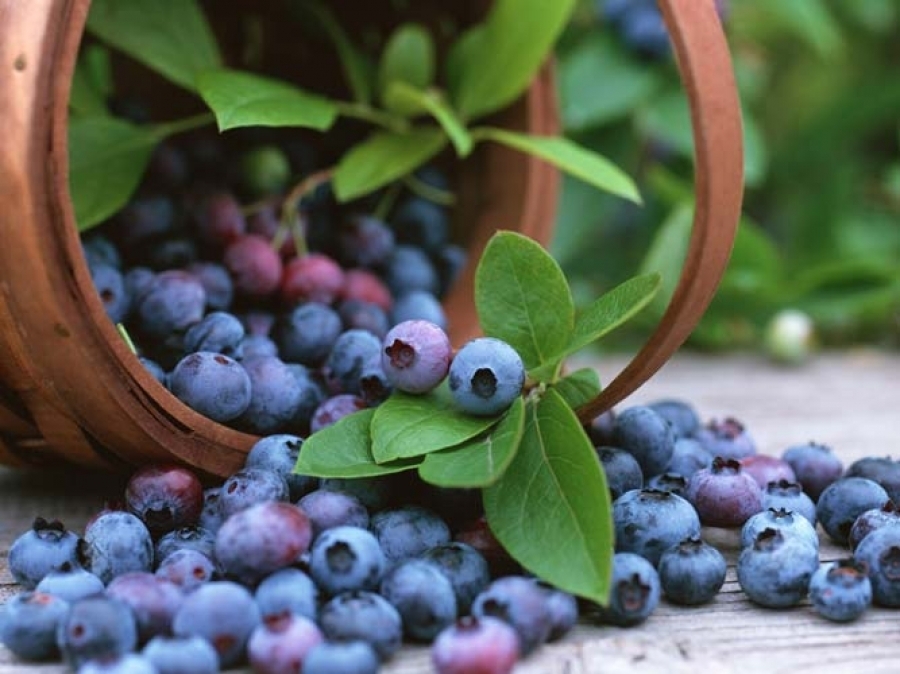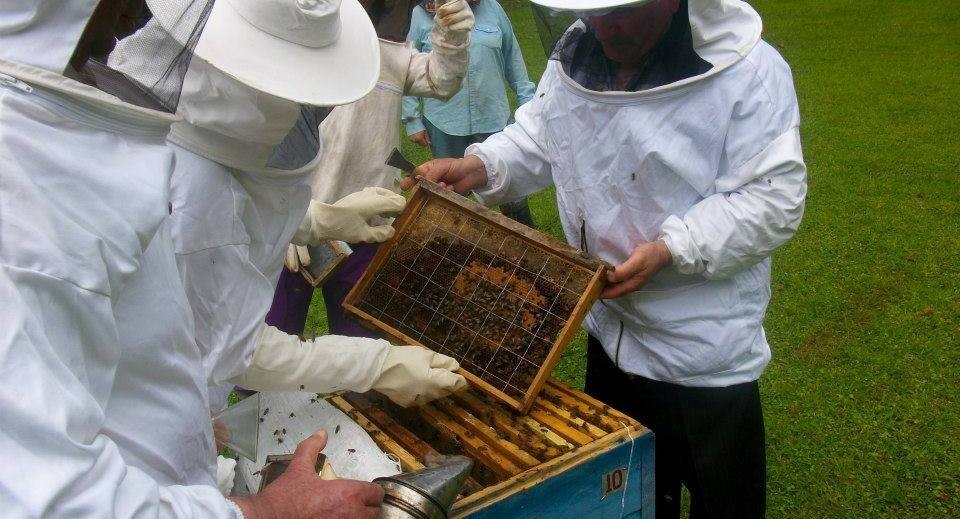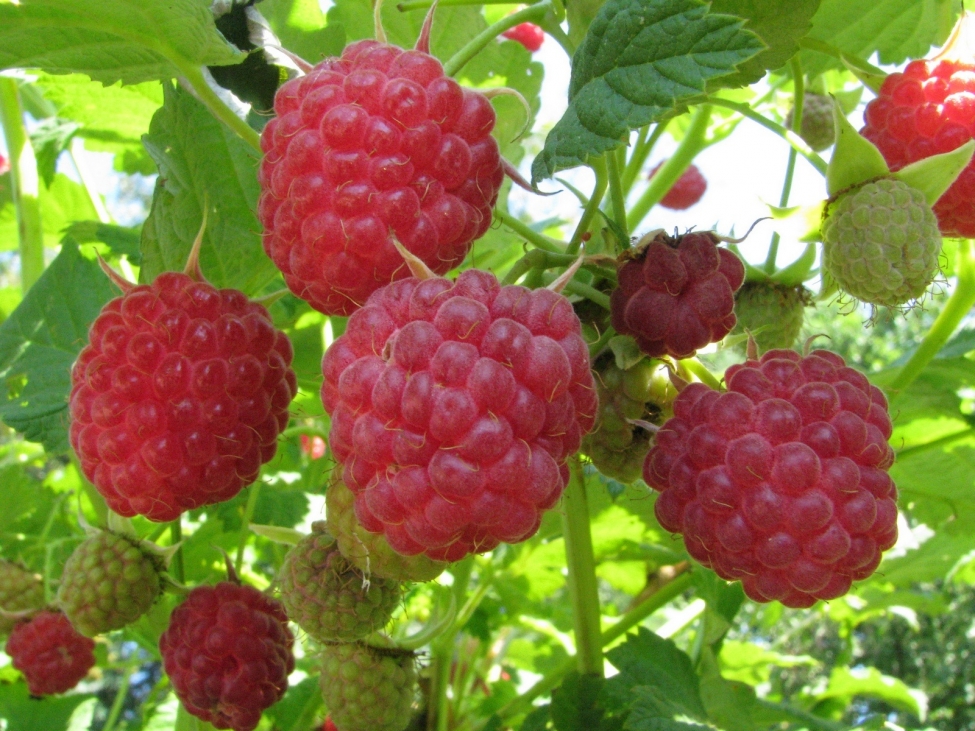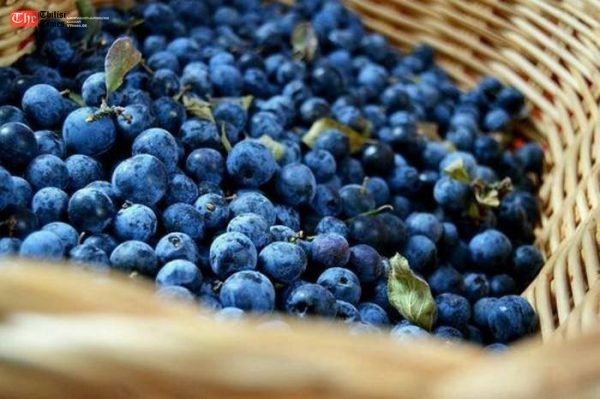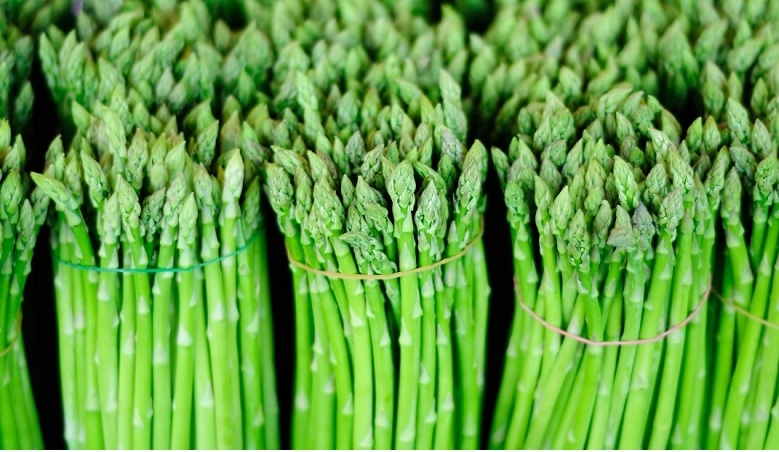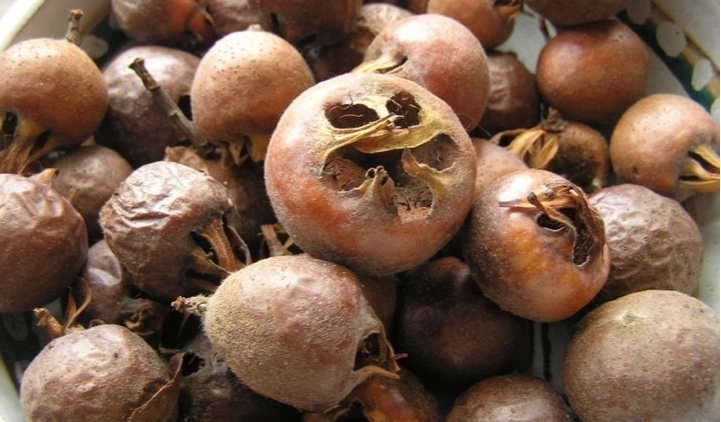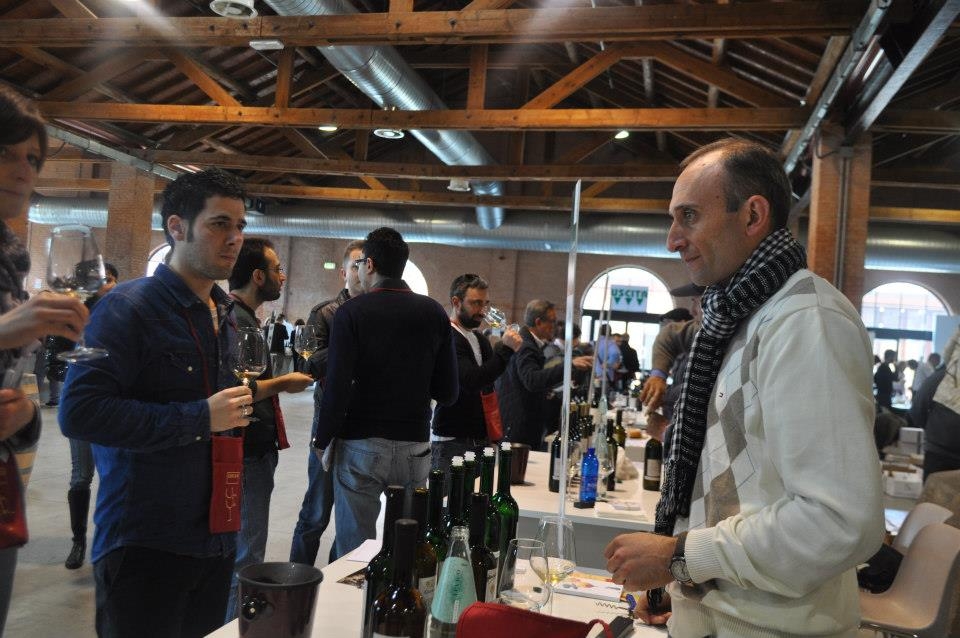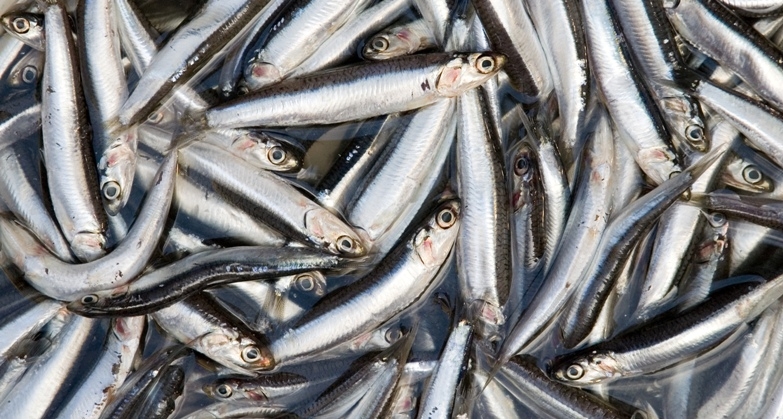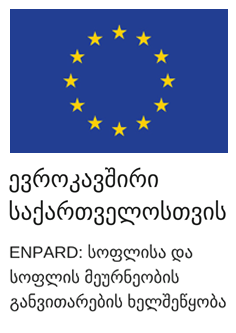UVIE'S BERRIES will buy raspberries and blackberries from farmers to export to GULF countries

(Summary)
The farmers have already received the first strawberry harvest. Currently, they are preparing to sell other berries. Raspberry picking will start from June 15. Blackberries will come a little bit later. Local berry producers are already negotiating with distributors. Negotiations are also underway with foreign buyers in order to export Georgian berries.
Uvie's Berries also plans to purchase and export berries from local farmers this year. Last year, the company exported blueberry to Gulf countries (Saudi Arabia, United Arab Emirates, Qatar). This year the company is ready to cooperate with all farmers who will provide quality and clean products. It will also consider possibility to provide berry growers with packaging materials, machinery, and consultants who will explain farmers how and when to pick berries.
Eka Vepkhvadze, Executive director of Uvie’s Berries:
“Last year we exported 20 tons of blueberries to the Gulf countries. Some of the fruit was our own, and some we bought from local farmers. We plan to export blueberries this year as well. In addition to blueberries, we will export raspberry and blackberry to the Gulf States. We have a pre-arrangement with the farmers, but we do not know exactly how many berries we will buy. It will depend on the quality of the fruit.
The main problems in berry production are: lack of infrastructure and refrigeration systems, Lack of technical knowledge in post-harvest management, which also creates many difficulties, because improper harvesting of the crop leads to a sharp decrease in fruit quality and shelf life. The amount of berries harvested in Georgia is small enough to access large networks. In addition, there is less access to nurseries in EU countries and the US.
There are essential requirements, for example, food safety requirements, such as the absence of pesticides and various pollutants in the product. The EU has set a maximum limit s of residues, that must be taken into account by importer. Except for the requirements that determine the visual appearance and flavour of the product, businesses operating in EU countries are required to abide by local law and not to sell contaminated or non-compliant products.
Suppliers are more trustworthy if they have certifications such as BRC, GLOBAL GAP, ISO or more. The introduction of these standards means control of product safety or other important processes starting from the beginning of the blueberry season, ending with its sale.
Packaging material should be made of food-grade material. No toxic substances should be used on the packaging labels. The packaging should be clean and undamaged. It is very important to control the ambient temperature from the moment of berry picking to delivery to the final client. The temperature factor is one of the most important factors in the supply chain.”
Author: Nona Kvlividze
The article is prepared with the financial support of the Ministry of Foreign Affairs of Lithuania and "Development Cooperation and Democracy Promotion Programme."
